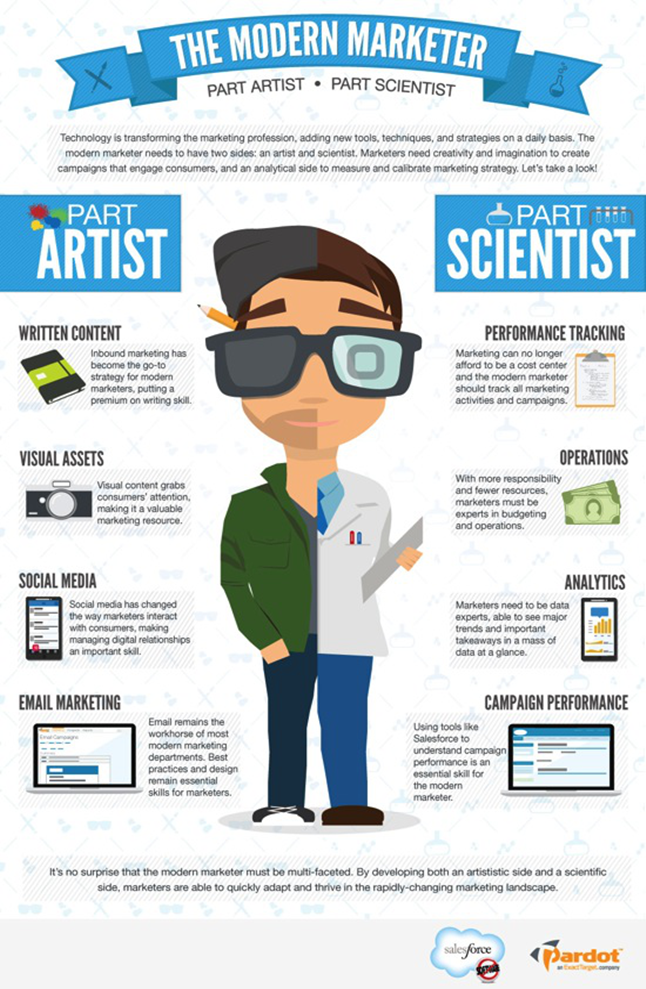Once considered as conundrum, marketing is now a quantifiable, data-based function. With the increasing digital marketing, today’s digital marketers consider customer data as their priority and no marketing decisions are made without closely consulting the data-analytics. The most important evolution in the history of marketing that has occurred is the ability to comprehend data you have, what data you can get, how to manage and how to further activate that data. Customer data can pop out from anywhere. Sales transactions in an organization’s Customer Relationship Management (CRM) and Enterprise Resource Planning (ERP) systems, customer interactions in marketing, customer service, social listening, online surveys, and consumer feedback are all things that generate data every day.
Also, there are external data providers which provide business-to-business data about customers and prospects, which an organization blends with internal data and feeds into an analytics engine to get better marketing insights. Further, this assists organization to better target prospects and manage customer purchasing life cycle. At times, marketers can feel absolutely lost and astray with the amount of customer data available to them, which can lead to them being under pressure to make data pay off. Data comes from many sources but need not contribute equally. It is imperative to separate the good, useful and predictive data from the bad data, which eventually is a work-in-progress.
The questions lies, what exactly do we want to achieve with this data? Well, the right data can identify customer preferences and unveil unmet customer needs. For example, a clothing retail, used behavioral and location data to learn that young women, age 13 to 14, window shopped at their stores only to purchase lower-cost alternatives elsewhere. This led the clothing retailer to develop a low cost of line separately.
Data-driven marketing has evolved to become an essential constituent of almost all advertising campaigns and strategy. These changes have come rapidly to match the quick stride of technological advances, compelling brands to rethink every feature of their approach and restructure their outlay.
Customers today expect and claim—a seamless and relevant experience. They have grown habituated to marketers’ knowledge of their preferences and anticipation of their needs. Contradicting or irrelevant messages from a brand make marketers seem disorganized and annoy customers, sometimes even driving them away.
It is really interesting and thought-provoking that data-driven marketing is becoming very essential. One reason is the increasing competition in the market, making it harder for organizations to differentiate themselves. Thus, it has become significant to address customers in a different way than the competitors to attract their attention.
Demographic data like age, gender, language, are not enough any longer – and customers demand a more focused and personalized approach which is now, a very important step for a stable and successful marketing strategy.
Share your views with us on data-driven marketing in the comments below.


